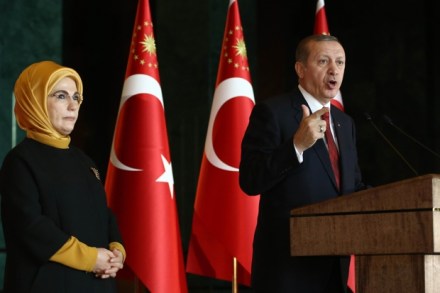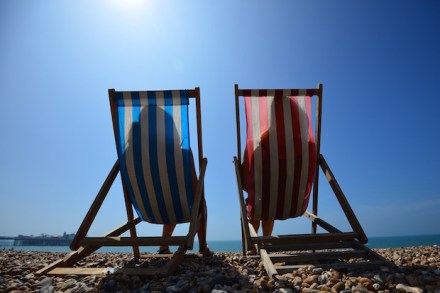Google isn’t racist – but it is filthy
Is Google racist? That is the charge made in a short video in which someone types ‘three white teenagers’ and ‘three black teenagers’ into the Google images and finds that while the former brings up images of happy, smiling students, the latter brings up what appear to be police mugshots. Given that Google searches do to a certain extent reflect a user’s own past search history, I am not entirely sure what the video, which has gone viral, is supposed to prove. When I repeated the experiment it pulled up some mugshots of black teenagers – though no obviously police images – but it also brought up a large number





















